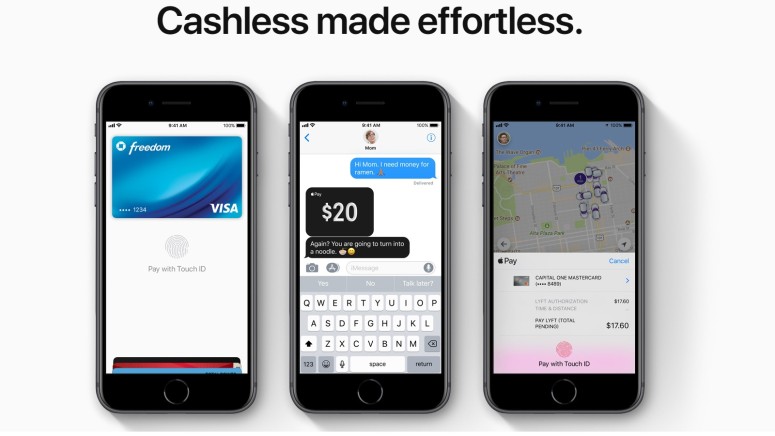
Data Localization Law Prevents Apple Pay from Coming to India
- Apple Pay was scheduled for launch in India but forced to cancel its plans.
- All payments in the country are required to be stored only within India, which is preventing the service from launching.
- India is currently the world’s second largest smartphone market, but Apple has failed to find a footing.
The Indian market has been a rough ride for Apple with the company being unable to retain sales figures and a constant decline in market share. The import taxes and legal requirements that prevent Apple Stores from being set up locally have also hurt the company. The tech giant was in talks with banks and legal authorities about the launch of Apple Pay. However, it seems like the company is about to suffer yet another setback.
Apple has put its plans of launching its payments service on hold after the Reserve Bank of India (RBI) established a data localization law. According to the new law, all payment data via payments services must be stored locally only, preventing the tech giant from collecting data and storing them outside the country. Apple ID and Touch ID are used as authentication methods for Apple Pay, which are not eligible in the country as well. The RBI does not allow the collection of biometric data for the sake of authentication purposes. Instead, the National Payments Corporation of India requires the use of four or six-digit pins to authenticate transactions.
Apple Pay was promised by Eddy Cue last year but he refused to offer a release date until the company would be certain about the service’s release. But it seems like Indian users will be left out with the new law in place. The tech giant is not alone in this dilemma, with companies like Google, Amazon, PayPal, and WhatsApp facing similar issues. Google has managed to implement Google Pay in the country (previously marketed as Tez) by complying with the Indian regulations and using the Unified Payment Interface framework. Apple may be forced to do the same if they want to implement Apple Pay in the country.
What do you think about Apple Pay not releasing in India? Let us know in the comments below. Also, to get instant tech updates, follow TechNadu’s Facebook page, and Twitter handle.







